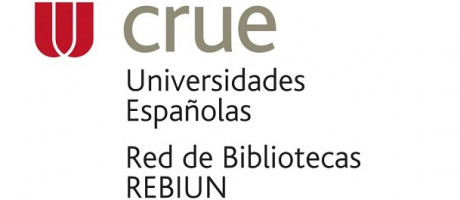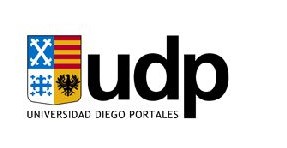L'honneur de la raison
Resumen
This article attempts to show that the doctrine of the impossibility of total error (DIET) is one of the main presuppositions of Kant's moral thought and not just of his theoretical thought. I will exhibit how the antinomy of reason is one of the most important motives of Kant's philosophical inquiry and then illustrate my interpretation of radical evil by advocating an interpretation of reason in Kant as a unitary faculty.
Palabras clave
Referencias
Allison, H. (1995). Reflections on the Banality of (Radical) Evil. Graduate Faculty Philosophy Journal, 18(2),141-158.
Beck, L. W. (1960). Das Faktum der Vernunft. Société Française de Philosophie, 52.
Bernecker, S. (2006). Kant zur moralische Selbsterkenntis. Kant-Studien, 97(2), 163-183.
Fichte, J. G. (1962). Gesamtausgabe der Bayerischen Akademie der Wissenschaften. Frommann-Holzboog. (GA)
Grenberg, J. (2010). What Is the Enemy of Virtue? En L. Denis (Ed.), Kantʼs Metaphysics of Morals: A Critical Guide (pp. 152-169). Cambridge University Press.
Hinske, N. (1987). La via kantiana alla filosofia trascendentale. Japadre.
Horn, C. (2011). Die menschliche Gattungsnatur: Anlagen zum Guten und Hang zum Bösen. En O. Höffe (Ed.), Die Religion innerhalb der Grenzen der bloßen Vernunft (pp. 43-80). Akademie Verlag.
Kant, I. (1980). Gesammelte Schriften. Akademie-Ausgabe. (1900). Oeuvres philosophiques. Gallimard. (AA)
Miklo’s, V. (2018). Von Kant zu Schelling: Die beiden Wege des Deutschen Idealismus. de Gruyter.
Nabert, J. (1955). Essai sur le mal. PUF.
Papish, L. (2018). Kant on Evil, Self-Deception, and Moral Reform. Oxford Academic.
Pasternack, L. (2014). Kant on Religion within the Boundaries of Mere Reason. Routledge.
Salvetti, F. (2014). Judaisme et christianisme chez Kant. Du respect de la loi à son accomplissement dans l’amour. Cerf.
Sticker, M. (2022). Rationalizing (Vernünfteln). (Elements in the Philosophy of Immanuel Kant). Cambridge University Press.
Vető, M. (2018). Von Kant zu Schelling. Die beiden Wege des Deutschen Idealismus. de Gruyter.
Weil, E. (1970). Problèmes Kantiens. Vrin.
Welsh, M. (2019). Kant über den Selbstbetrug des Bösen. Kant-Studien, 110(1), 49-73.
Willaschek, M. (1991). Die Tat der Vernunft. Zur Bedeutung der Kantischen These vom ‘Factum der Vernunft’. En G. Funke (Ed.), Akten des VII. Internationalen Kant-Kongresses Mainz 1990 (Bd. II.1, pp. 446-456). Bonn.
Wood, A. (2010). Kant and the Intelligibility of Evil. En P. Muchnik et S. Anderson-Gold (Eds.), Kantʼs Anatomy of Evil (pp. 144-172). Cambridge University Press.
Wyrwich, T. (2015). Böses, radikales. En M. Willaschek, J. Stolzenberg, G. Mohr, et S. Bacin, S. (Eds.), Kant-Lexikon (pp. 305-310). de Gruyter.
Enlaces refback
- No hay ningún enlace refback.
Indexada en: CAPES/ Qualis Periódicos: A3

![]()







Revista de Estudios Kantianos. Publicación internacional de la SEKLE.
e-ISSN: 2445-0669
Contacto: rek.kant@gmail.com

